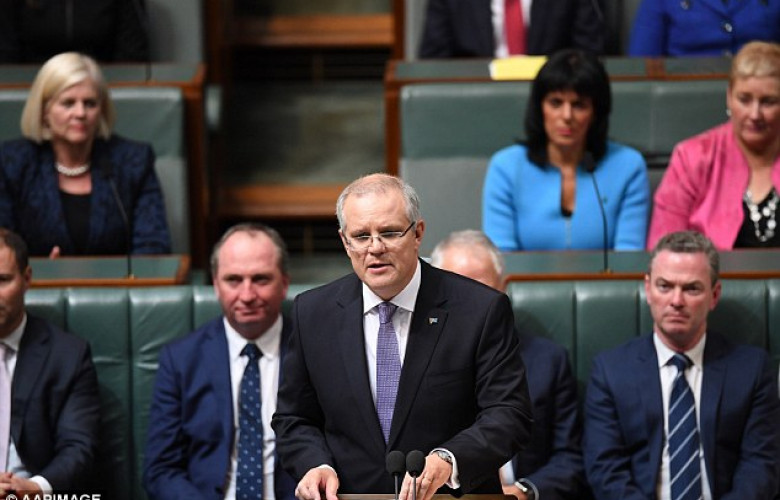Housing measures in the 2017 Budget
Contact
May 10, 2017
Housing measures in the 2017 Budget
"If a family or an individual has a roof over their head that they can rely on, then all of life's other challenges become more manageable." Scott Morrison, 2017 Budget speech.
In a budget based on "fairness security and opportunity", the government has tackled housing affordability with a "scalpel", rather than a "chainsaw", but says the changes "will make a difference".
The main measures in the 2017 Budget aimed at tackling housing affordability are as follows.
On the demand side:
- The First Home Super Savers Scheme will allow first home buyers to save for a deposit by salary sacrificing into their superannuation account over and above their compulsory superannuation contributions. The extra funds contributed will attract the tax advantages of superannuation; contributions and earnings will be taxed at 15 per cent, withdrawals will be taxed at their marginal rate, less 30 percentage points. Savers will be able to use their existing super accounts. Contributions will be capped at $30,000 per person, and $15,000 per year. The First Home Super Savers Scheme will accelerate first home savers ability to save by at least 30 per cent.
- The government will encourage older Australians to free up housing stock by enabling downsizers over the age of 65 to make a non-concessional contribution of up to $300,000 into their superannuation fund from the proceeds of the sale of their home.
- Investors will be able to continue to use negative gearing, which supports the supply of rental housing, putting downward pressure on rents, said Morrison.
- Foreign investors in Australian real estate will no longer be able to claim the capital gains tax exemption for their main residence.
- Foreign investors will be slugged with a levy of at least $5,000 who don't occupy or lease their property for at least six months a year.
- The government will restore the requirement that developers don't sell more than 50 per cent of new developments to foreign investors.
On the supply side:
- The government will replace the National Affordable Housing deal with a new agreement worth $1.3 billion that requires the states to deliver on housing targets and reform their planning systems to make it easier to increase housing supply.
- Establish a $1 billion national housing infrastructure facility to fund micro city deals that remove infrastructure impediments to building new homes.
- An online commonwealth land registry will be established that lists sites that could be made available for residential development. The government will release surplus defence land in Maribyrnong, Melbourne, where 6,000 new homes can be built. The government will also help build tens of thousands of new homes in Western Sydney.
- A new National Housing Finance and Investment Corporation will be established to provide low-cost finance for affordable rental housing.
- Managed Investment Trusts will be allowed to develop and own affordable housing.
- Investors in affordable housing will be able to deduct rent directly from tenant's welfare payments to ensure more certainty of income.
- The capital gains tax discount will be increased to 60 per cent for investments in affordable housing.
- The government extended homelessness funding by $375 million, with a focus on supporting young people and victims of domestic violence.
- The government will legislate to continue to allow APRA to differentiate loan applications by location.
Read the treasurer's full speech here.
Read more about the 2017 Budget:
Budget may encourage downsizing with superannuation breaks
Affordable housing in, negative gearing stays, says Treasurer
Contact Details:





